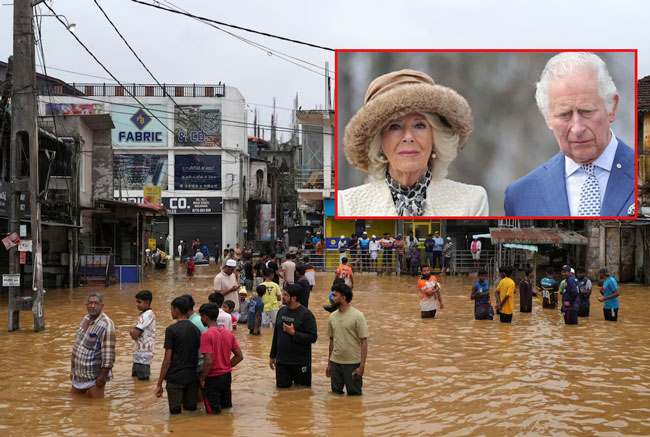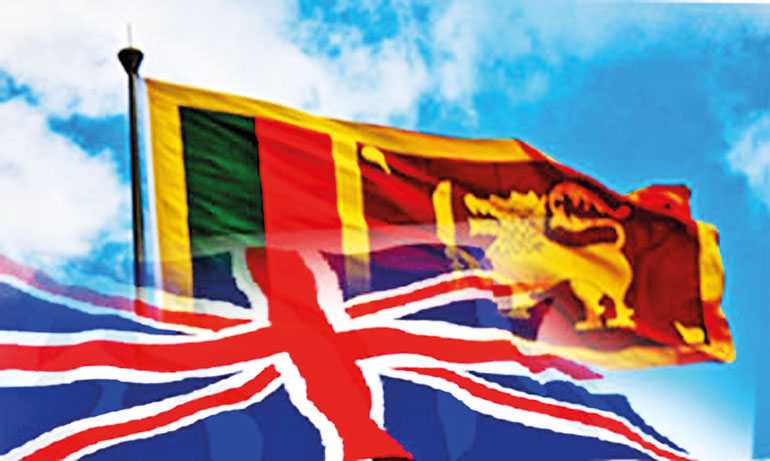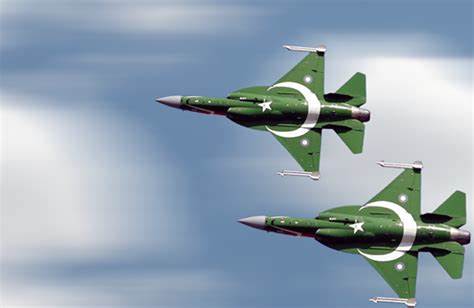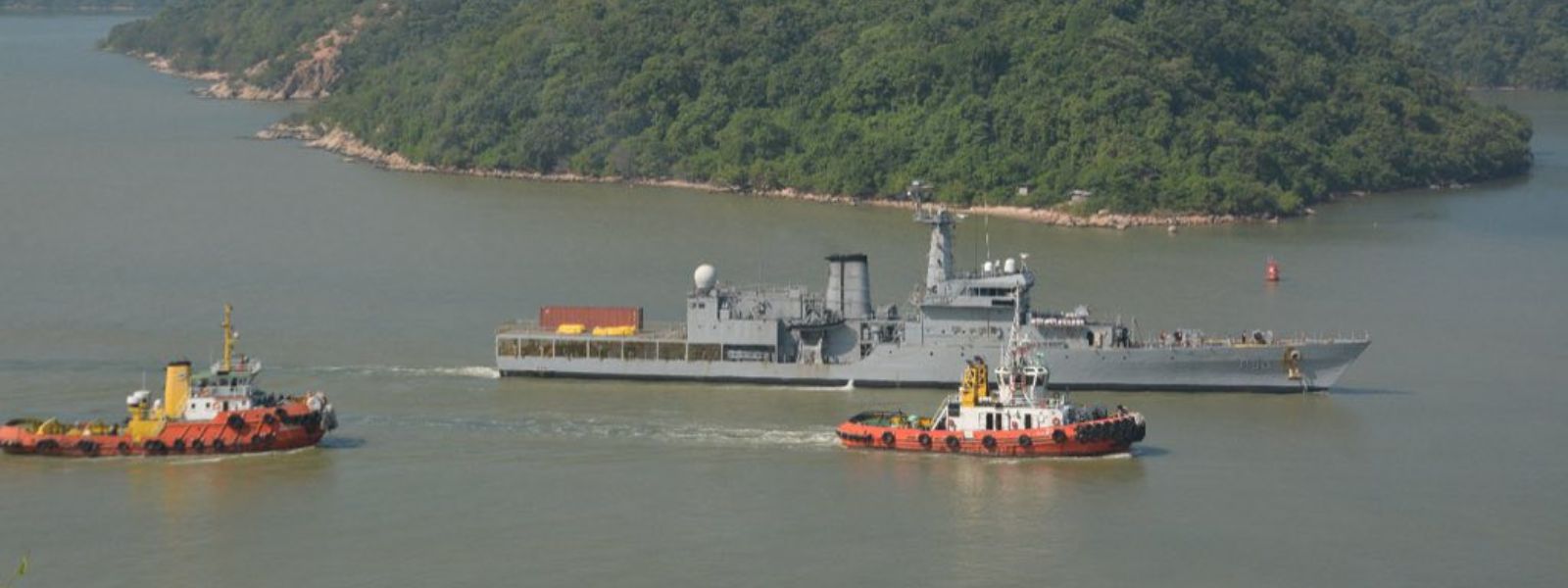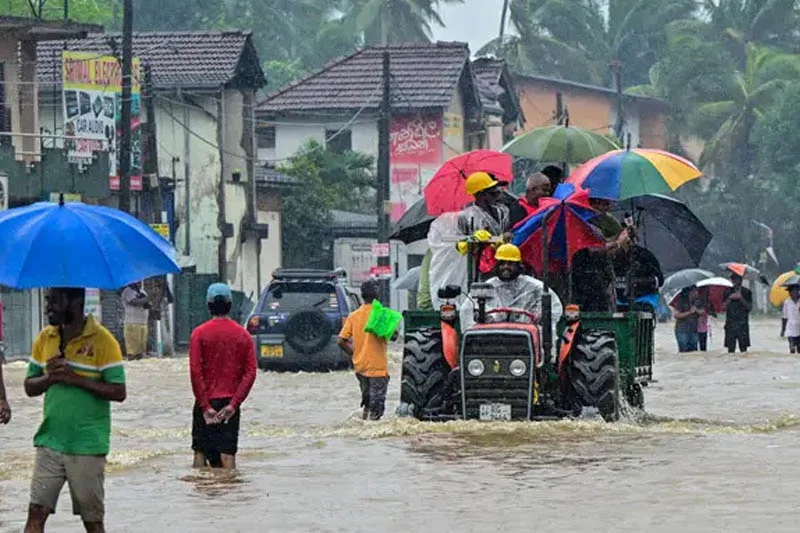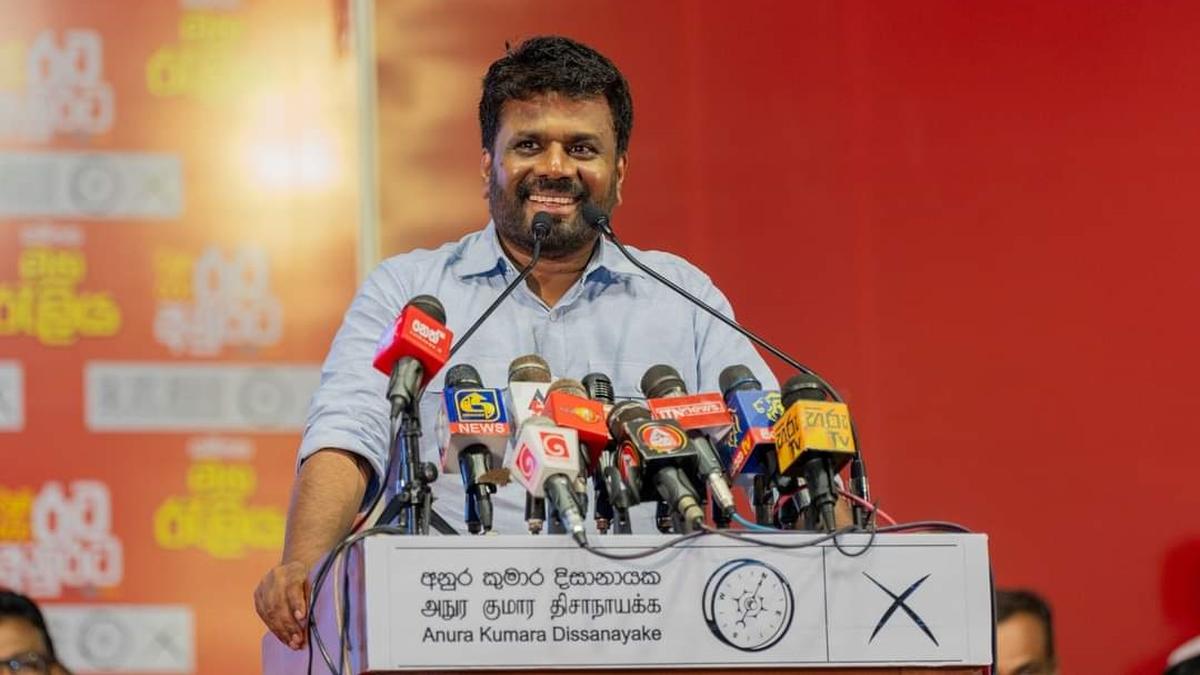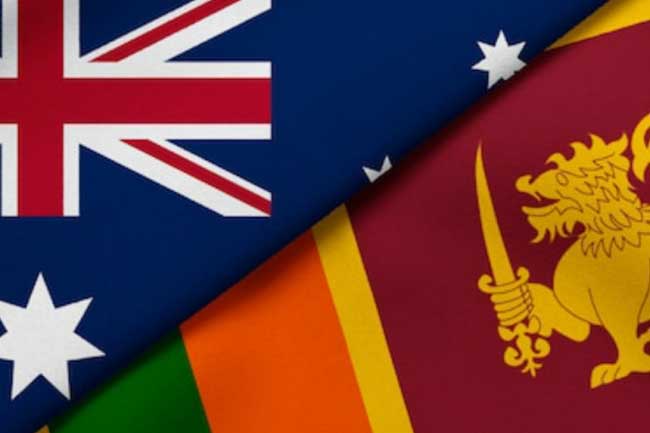In a solemn address to the nation yesterday (30), President Anura Kumara Dissanayake described the ongoing natural calamity as the “largest and most challenging” in Sri Lanka’s history, declaring a state of emergency to expedite relief and reconstruction efforts.
President Dissanayake acknowledged the unprecedented scale of the disaster, noting that for the first time, the entire island—from end to end—has been struck. However, he emphasized the strength of the national character in the face of such adversity.
“While our small island could be shaken by this merciless natural disaster, the humanity and resilience of our people cannot, in any way, be shaken,” President Dissanayake affirmed.
“We recognise that what we are undertaking is the most difficult rescue operation in our nation’s history,” the President stated, expressing deep sympathy for the families of those who have lost their lives. “Every life lost is not merely a number; every life carried a name, a face, and a story.”
Emergency Measures and Financial Relief
To combat the crisis, the government has enacted emergency regulations and appointed a Commissioner-General of Essential Services to centralize operations. Key institutions and essential service offices have been directed to operate 24 hours a day. Addressing concerns about these extraordinary measures, the President offered a personal guarantee regarding their application.
“I assure every citizen that these emergency powers will not be misused for any other purpose,” he promised, stating they are strictly for legal and financial safeguards for efficient reconstruction.
In a move to cut through red tape, the President announced significant financial deregulation for relief efforts:
Rs. 30 Billion Released: Approximately Rs. 30 billion from previous budget allocations has been made available for immediate expenditure without the need for Parliamentary approval.
Divisional Authority Increased: Divisional Secretaries have been empowered to spend up to Rs. 50 million directly for emergency purposes, easing prior financial constraints that obstructed rapid relief.
Supplementary Estimates: The President vowed to seek supplementary estimates through Parliament if the 2025 budget allocations prove insufficient.
Infrastructure and International Aid
The disaster has caused severe damage to critical infrastructure, including electricity, water, communication systems, and access roads. The President assured the public that a plan is already in motion to restore these services, praising the comprehensive response of the public sector.
“From our Ministry Secretaries to Grama Niladharis at the local level, the entire state machinery has been fully engaged in rescuing affected people,” he noted, adding that “The Armed Forces and Police carried out heroic acts, risking their lives without hesitation.”
International support has also been mobilized, with friendly nations deploying helicopters and relief forces to assist in rescue operations. A reconstruction fund is being established, managed by a joint committee comprising representatives from the private sector, the Ministry of Foreign Affairs, the Ministry of Finance, and the Presidential Secretariat.
President Dissanayake concluded his address with a strong appeal for political unity, urging all parties to set aside differences.
“There is ample time for politics, but there is little time to face this disaster,” he said. “Let us unite, free from distinctions of ethnicity, religion, party, or colour.”
Expressing hope for the future, he rallied the nation with a message of optimism: “We believe that every dark cloud has a silver lining. We believe that these dark days will pass… Let us heal this tear-stained paradise. Let us build a radiant island.”
The President expressed confidence that despite the devastation, the resilience of the Sri Lankan people and the support of the international community would allow the nation to rebuild better than before.


